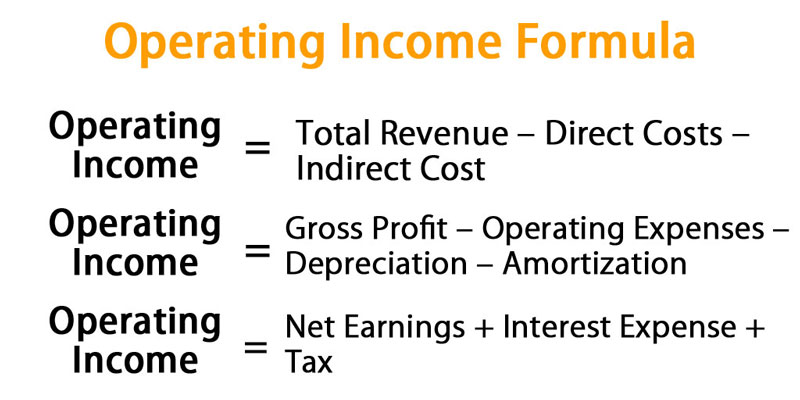Jun 03, 2023 By Triston Martin

Profitable and satisfying, renting out your home can provide you with a reliable source of passive income while maximizing the return on your real estate investment. However, with adequate preparation and information, jumping headfirst into the world of rental properties can be manageable and manageable. As such, "A Beginner's Guide to Renting Out Your House" is a necessary resource. This all-inclusive manual was written to help first-timers rent out their home with ease and success. Whether you're renting out your home or want to invest in a rental property, it's essential to be familiar with the basics.
Insights into many facets of renting out your home can be found throughout this manual. You'll find out why it's crucial that you know the ins and outs of the laws and ordinances in your area, how to get your property ready for renters, how much to charge, how to conduct a thorough screening of potential tenants, how to draught a comprehensive lease, how to keep your rental property in good repair, and how to keep track of all the money and paperwork involved. By reading this primer, you'll be well-equipped to begin your rental journey and make it pleasant for your tenants and yourself. Let's jump in and learn everything there is to know about renting out your home.
Recognize Local Laws And Regulations
If you plan on renting out your home, you should familiarise yourself with the rules and regulations in your area. Local regulations on permits, safety laws, zoning restrictions, and tenant rights will vary from place to place. Consult your local authorities, conduct research using online resources, or speak with an attorney to get familiar with these laws. You and your renters' safety depend on everyone involved following these rules and regulations to the letter.
Get Your Home Ready
When renting out your home, preparation is critical. As a first step, you should attend to urgent maintenance. Consider giving it a new coat of paint and maintaining the landscaping to give it more curb appeal. To attract more prospective tenants, you should declutter and stage the house. Verify the integrity of all critical systems and resolve any potential risks. You can successfully improve your chances of renting by presenting a well-kept and attractive place to potential tenants.
Calculate A Reasonable Rental Cost
Setting a competitive rent that generates sufficient income to pay costs is essential. Find out what comparable properties in your neighborhood are renting for by doing some digging into the local rental market. Think about things like the area, the size, the features, and the general state of the land. You can learn a lot with the help of online resources, real estate agents, and rental ads. Finding a happy medium between low prices and making a profit is essential. Maintaining a competitive rental rate and maximizing revenue requires periodic price reviews.
Examine Potential Tenants

Tenant screening is essential to find people who will take good care of your home. Create a system to accept only the most reliable tenants by checking their credit, job, and personal references. This increases the likelihood of having a good renting experience and decreases the possibility of having trouble with tenants.
Make A Lease Agreement
Protecting the interests of both landlord and tenant requires a carefully crafted rental agreement. You can talk to an attorney about drafting a detailed rental agreement that spells out everything from the lease length to the security deposit amount to who is responsible for what in terms of upkeep and who must pay for it. Incorporate all applicable laws and regulations within the agreement.
Maintain The Property
Preserving the property's worth and keeping the tenants happy necessitates consistent upkeep. Repair or replace anything that breaks throughout the lease term. Create an open line of communication with your tenants to hear their concerns and repair requests promptly. Prevent significant problems from getting worse by inspecting them at regular intervals.
Manage Finances And Paperwork

Always keep detailed records of your rental property's income, costs, and tax paperwork. Get a rent collection mechanism going through a property management firm or with your renters individually. Learn about the tax rules and write-offs affecting your area's rental properties.
Conclusion
It's possible to make a lot of money by renting out your home, but you'll need to do your homework first. Successful renting can be increased by familiarity with local regulations, thorough property preparation, competitive pricing, careful tenant selection, a detailed lease agreement, and regular upkeep. Keep an open line of communication with your tenants, learn the laws pertaining to your situation, and don't be afraid to ask for help if needed. Renting out your home may be a lucrative business venture if you give it the care and attention it deserves.
-

The inevitable trend of the development of things
May 24, 2021
-

Our Cash Offers More Advantageous to Sellers?
Mar 17, 2022
-

Best Appointment Scheduling Software for Small Business
Jun 16, 2023
-

10 Financial Certifications to Advance Your Career
Jun 29, 2023
-

What are gold ETFs?
Jan 05, 2022
-

What Is an Overdraft?
Aug 07, 2022
-

Succeed by researching hard and thinking clearly
Jun 06, 2021
-

What Advantages Does A Term Deposit Offer: What You Should Take
Aug 09, 2022



